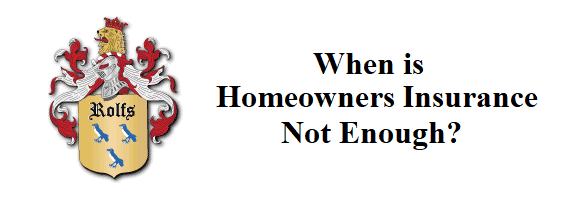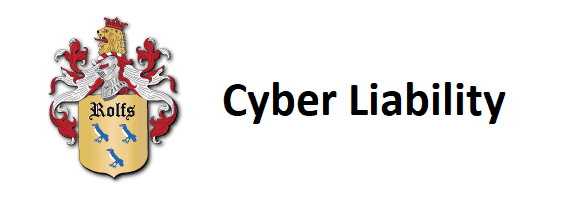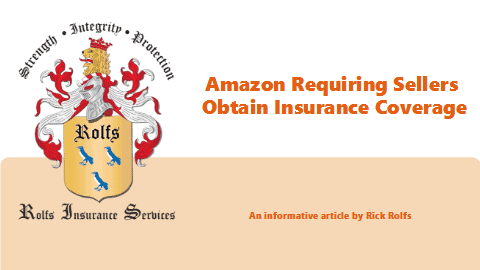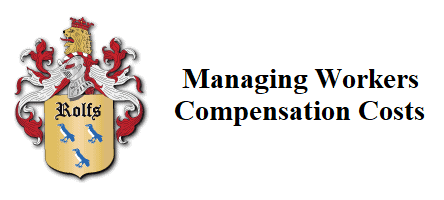Life Insurance: Cash Value Versus Term
There are two preeminent types of life insurance. The first is known as whole life, or sometimes referred to as universal life, which develops a cash value over time and can be surrendered in return for the cash accumulation at a later date. The other is known as term life where the premiums paid simply cover the actuarial cost of the life insurance. A term life policy does not develop any cash value. There are specific reasons why both types of policies are prevalent today.
Whole life insurance policies are the type you purchase when the intent is to maintain coverage for your entire/whole life.
This type of policy which develops a cash value allows for a flexible premium approach. If there are certain times when a premium payment cannot be made, the cost of insurance is taken out of the cash value and the policy remains in force. It keeps premiums level from a very young age to a very old age providing the probability that the policy will be in force in the event of an unforeseen death or after a prolonged illness. One of the first things to go during a prolonged illness is the ability to pay premiums, which is the reason these policies are so valuable. The cost of insurance can be satisfied by the cash value accumulation, keeping the policy in force even without premium payments provided there is a sufficient accumulation of cash value in order to do so.
The term life scenario allows people to purchase the maximum amount of insurance for the lowest amount of premium since the payments are based on the cost of insurance at a given age.
In this scenario, overpayments aren’t needed to accumulate a cash value. Term life insurance is typically purchased for a specified term. The most common terms are 10, 20, and 30 years, and premiums are held level during these terms. Afterwards, an individual will need to requalify in order to maintain a low rate. This means that a person is subject to underwriting in order to maintain a low rate for an additional term if coverage is desired after the first term expires. The danger here is that an illness or condition arises during the first term which may make an insured uninsurable or potentially be rated up in premium for that preexisting condition.
In order to determine which form of coverage is best for you, please contact us or give us a call so that we may discuss individual circumstances and make the best recommendation possible.








